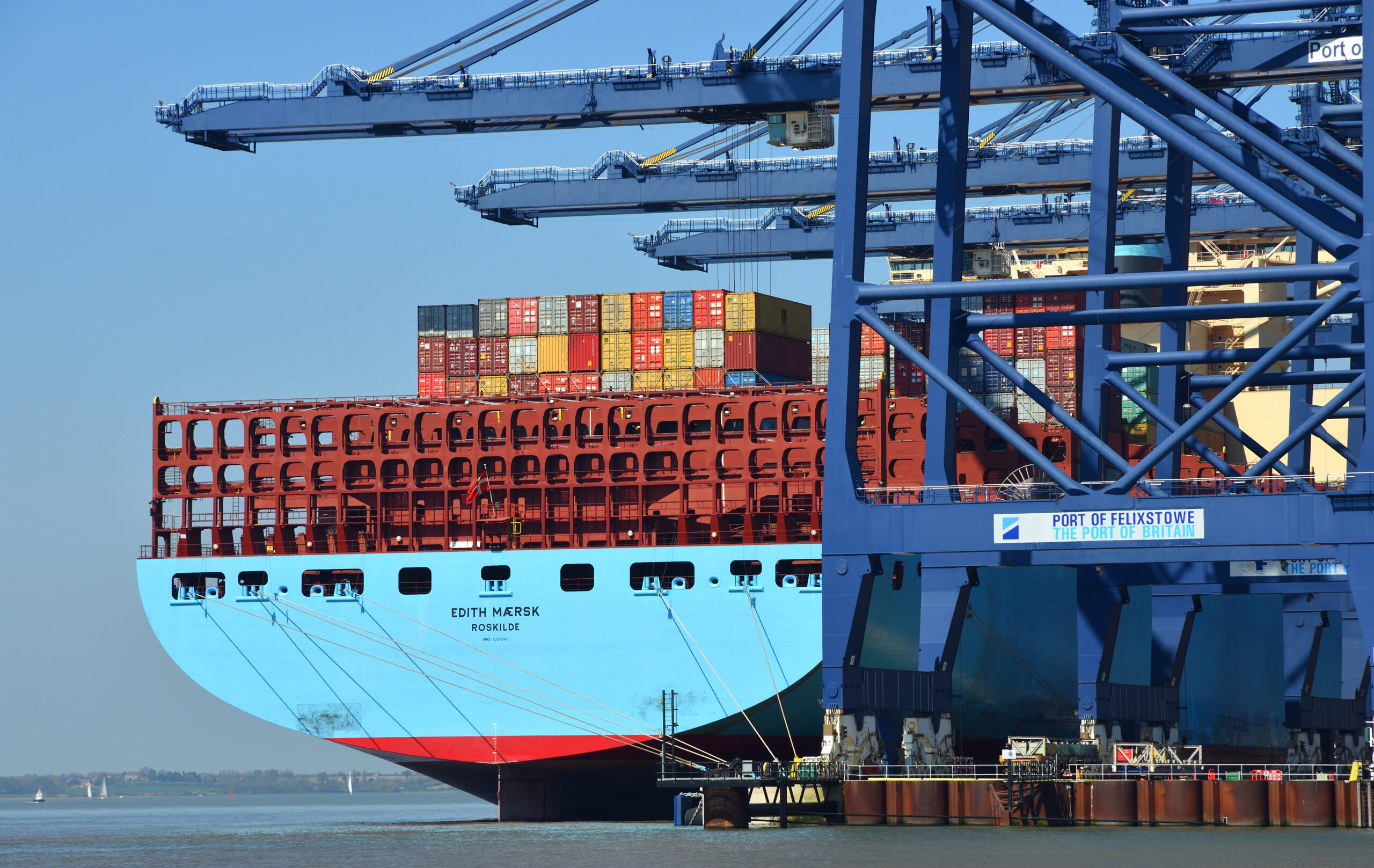The World Shipping Council (WSC) has released a new report, ‘Can the EU Fuel Shipping’s Decarbonisation?’, which outlines the key challenges facing the European Union (EU) in its transition to renewable marine fuels. The report identifies the urgent need for regulatory intervention to close the cost gap between fossil and renewable fuels to achieve net-zero carbon emissions in the maritime sector.
Shipping accounts for 3-4% of total EU greenhouse gas (GHG) emissions. To help meet its legally binding target of net-zero emissions by 2050, the bloc adopted FuelEU Maritime, the regulation aimed at accelerating the uptake of low-carbon or renewable fuels and which came into force on 1 January 2025.
In its report, WSC makes clear that achieving net-zero targets hinges on the availability and affordability of clean marine fuels. It argues that effective regulations are required to prevent the high price of renewable marine fuels limiting or delaying production. WSC reaffirms its members’ commitment to a global GHG regulation, ‘specifically an economic measure to bridge the cost gap between fossil fuels and green fuels [which] is essential to achieving our net-zero goal by 2050’.
The report points out that the industry is already preparing for the transition. By 2030, nearly 700 new containerships and vehicle carriers, representing 60% of the liner sector’s order book, will be capable of operating on renewable fuels. Outside of the liner segment, progress is markedly slower, with only 8% of non-liner vessel orders specifying alternative fuel capability.
‘Some may be surprised to read that renewable fuel supply, particularly in Europe, is no longer hypothetical, it is on its way to becoming a reality’, said Joe Kramek, WSC President & CEO. ‘Carriers and fuel providers are clearly committed and investing in vessels and fuel production in anticipation of regulation, putting shipping on track to reach its 2050 decarbonisation goal and 2030 targets. To stay on track and actually reach the net-zero goal, we rely on regulators to show the same commitment in putting in place effective measures that will make it possible for renewable maritime fuels to compete with fossil fuels.’
Fuel consumption trends further illustrate this shift. LNG use by vessels (excluding LNG carriers) has surged by 265% since 2018 and now comprises nearly 2% of total EU maritime fuel consumption. While the adoption of methanol remains minimal, demand is expected to rise as more methanol-ready vessels enter service.
The most significant challenge, WSC notes, is the price disparity between conventional and renewable fuels. The report provides stark comparisons: bio-methane costs 169% more than fossil LNG; bio-methanol is 469% more expensive than VLSFO (Very Low Sulphur Fuel Oil); and e-methane and e-methanol command premiums of 560% and 626%, respectively, over their fossil-based equivalents.
WSC emphasises the need for decisive regulatory action to accelerate the uptake of renewable fuels. In the report, it calls for four key policy measures that are essential to creating a competitive market for renewable marine fuels and achieving climate targets:
- Align EU policies with global standards to prevent market distortions and ensure regulatory consistency.
- Apply the Well-to-Wake principle to reward fuels based on actual emissions reductions.
- Develop cost-for-difference mechanisms to make renewable fuels commercially viable.
- Implement a global fuel certification framework to ensure supply chain integrity.
With the IMO preparing to finalise GHG pricing mechanisms at the forthcoming meeting of the Marine Environment Protection Committee (MEPC 83) in April, WSC positions the EU as a decisive player in shaping global decarbonisation efforts. Ensuring that FuelEU Maritime and the EU ETS align with forthcoming measures will be crucial in maintaining Europe’s leadership in maritime sustainability.
Beyond environmental imperatives, the report highlights the strategic necessity of a robust renewable fuel infrastructure. The EU currently supplies 20% of the world’s marine fuels and has an opportunity to expand its role in the renewable fuel market by implementing effective financial and regulatory mechanisms.
While the EU maritime sector is investing heavily in renewable-capable vessels, the cost disparity between fossil and renewable fuels threatens to stall progress. For the EU to realise its net zero 2050 climate targets, WSC stresses that policymakers must take decisive action to close the cost gap, ensure adequate supply, and align regional regulations with global standards.



